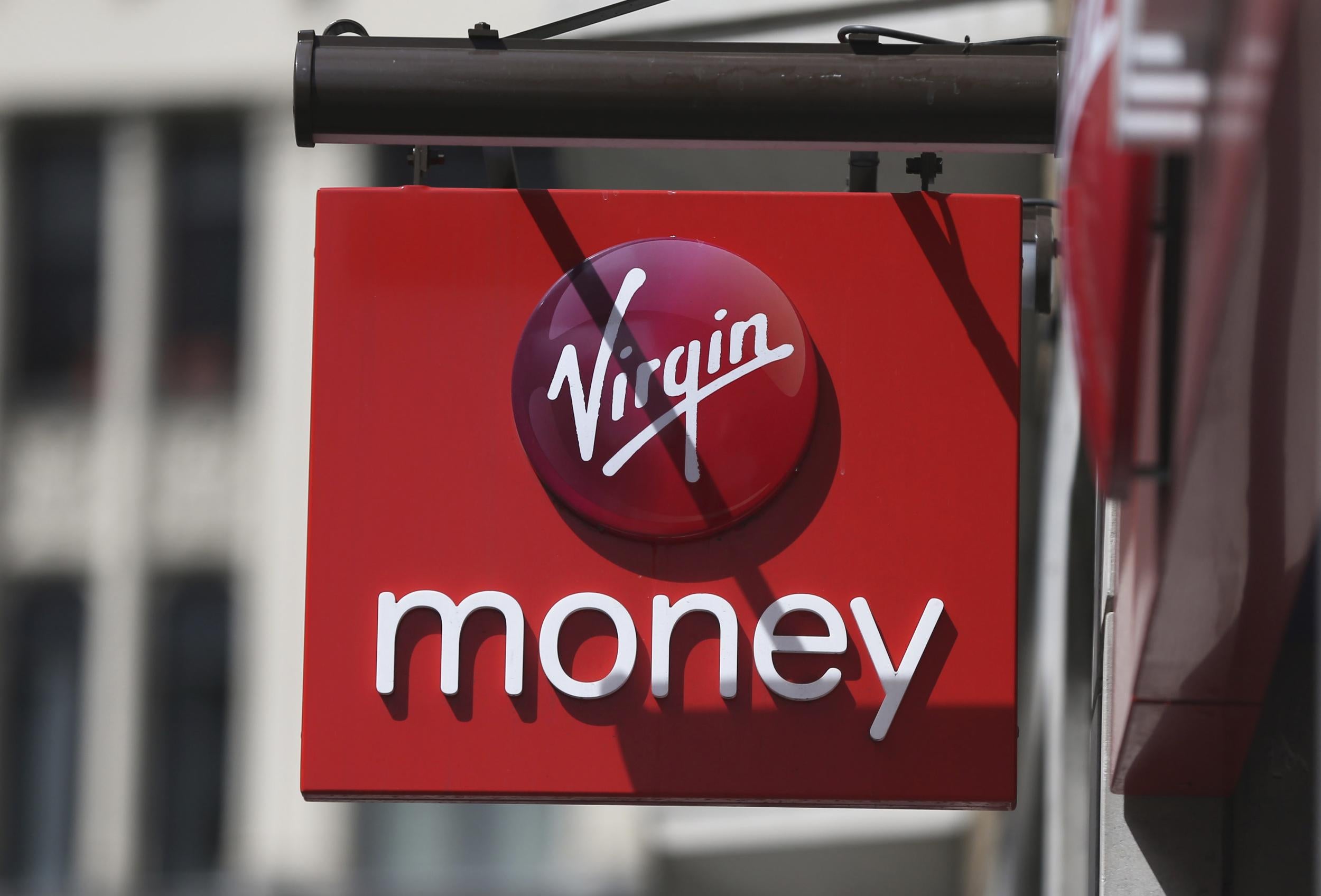CYBG sweetens takeover offer for rival Virgin Money
Virgin Money shareholders will own bigger share of combined group under new deal terms

Your support helps us to tell the story
From reproductive rights to climate change to Big Tech, The Independent is on the ground when the story is developing. Whether it's investigating the financials of Elon Musk's pro-Trump PAC or producing our latest documentary, 'The A Word', which shines a light on the American women fighting for reproductive rights, we know how important it is to parse out the facts from the messaging.
At such a critical moment in US history, we need reporters on the ground. Your donation allows us to keep sending journalists to speak to both sides of the story.
The Independent is trusted by Americans across the entire political spectrum. And unlike many other quality news outlets, we choose not to lock Americans out of our reporting and analysis with paywalls. We believe quality journalism should be available to everyone, paid for by those who can afford it.
Your support makes all the difference.Clydesdale Bank owner CYBG has sweetened its takeover offer for Virgin Money, unveiling new terms for the proposed deal on Monday morning.
The challenger bank has improved the exchange ratio – which is the number of new shares that will be given to existing shareholders once the deal is completed – by 7 per cent. This means Virgin Money investors would own 38 per cent of the new company, as opposed to 36.5 per cent of it, as proposed under the initial terms.
Shares in CYBG edged up in early trading, while Virgin Money’s stock dropped.
AJ Bell’s investment director Russ Mould said: “Normally if a company sweetens an existing offer for a rival the latter would see its shares move higher. As this is an all-share transaction, the decline in CYBG’s share price since it was first announced in May means this new offer is actually worth less to Virgin shareholders than the original approach, although they would own slightly more of the combined entity under the new terms.”
He added: “Management of both firms seem to be on board with the deal, but the lack of any cash element may become more of a talking point as we approach the 18 June deadline for a formal offer to be agreed.”
Under takeover rules, CYBG must announce its intention to make a firm offer for Virgin Money by 5pm on 18 June, extending the deadline from 5pm on 4 June.
When the deal, which is valued at £1.6bn, was first unveiled, analysts noted that it would give both companies the opportunity to expand further into markets where they are currently not occupying a large space.
Mr Mould said: “Theoretically the deal would see CYBG strengthen its position in the mortgage market and expand into credit cards. Virgin Money would have instant access to current accounts and small business lending.”
He added that the merger would present CYBG with a chance to upgrade not only its banking operations, but its digital presence: “It will be interesting to see what a successful bid would mean for Virgin Money’s plans to launch its own digital challenger bank, a proposition that was earmarked for testing later this year, offering current accounts and savings products. Perhaps that technology platform could be the ticket to help modernise CYBG.”
However, Gary Greenwood at Shore Capital warned that bringing the two firms together would not be an easy task.
“While there is much logic in this combination and significant potential cost savings to be made, combining two banks is never a simple process,” he said.
“The challenges of a complicated and lengthy integration process may also distract management from business as usual, thereby resulting in the combined entity potentially losing ground on competitors in the near-term.”
Mr Greenwood added that there will be more scrutiny than usual on the banks as they attempt to merge operations, given the recent IT problems at rival challenger TSB.
“The challenges of bringing together and integrating two IT systems in particular represents a significant challenge, one that will no doubt receive significant regulatory attention given the recent issues at TSB, where the migration onto Sabadell’s platform has been a disaster,” he said.
Join our commenting forum
Join thought-provoking conversations, follow other Independent readers and see their replies
Comments